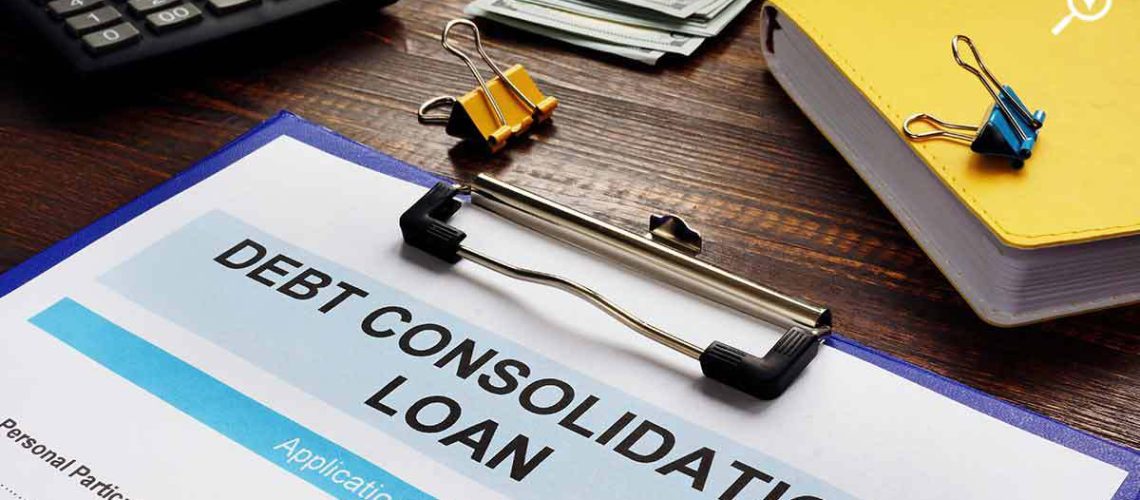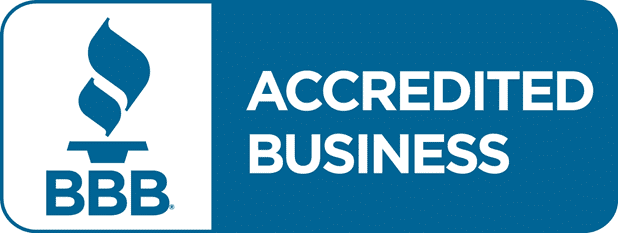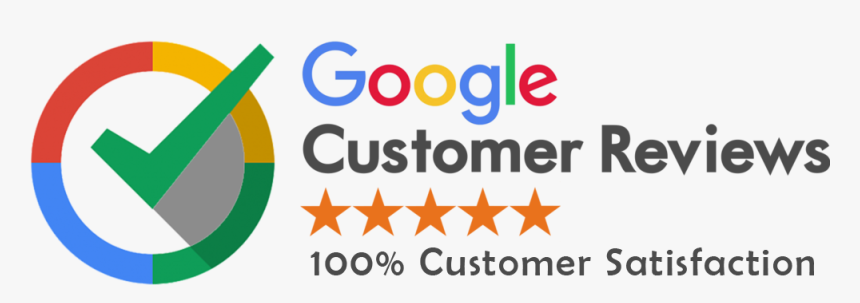It’s crucial to consider options like debt consolidation if you want to pay of your debt. Utilizing these services can make it simpler for you to recover financially.
But what if you already have a debt consolidation loan and are going through the bankruptcy process? You should be aware of how the loan will be handled precisely whether you are dealing with Chapter 7 or Chapter 13. But first, let’s cover the basics.
What is a Debt Consolidation Loan?
Your credit card debt and other debts are combined through debt consolidation into a new loan with a single monthly payment. Due to the fact that you pay a lower interest rate, the consolidated monthly payment is typically lower. As a result, you can pay of the debt more quickly than if you only made minimum payments toward each of the outstanding balances.
Many people consolidate their debt to lower balances that have been holding them back. It gives you the chance to organize, categorize, and pay of your debt. Another benefit is that paying of just one business will be simpler than dealing with several creditors.
Advantages of a Debt Consolidation Loan
This kind of loan is useful and practical because it can assist you in getting rid of your debt’s differences. Anyone would go crazy dealing with 15 debt-related accounts with various interest rates, creditors, and due dates!
How do I Apply for a Debt Consolidation Loan?
Whether you have credit card debt, medical debt, or any other unsecured debt, a reputable company ought to be able to assist you. After looking through a list of debt consolidation firms, get in touch with a few and request an estimate. You can get an idea of how much you can borrow and at what interest rate from this.
Your credit score will typically determine the rate you are charged. Although debt consolidation loan providers will accept borrowers with fair or subpar credit, your interest rate will be higher. If your credit score is greater than 670, you will be eligible for the best interest rates. The company will then establish your loan terms based on how much you can afford each month.
Read on to learn about bankruptcy and the best ways to navigate it.
What is Bankruptcy?
By filing for bankruptcy, you can get your debts forgiven and start over with your credit. It can help you improve your financial situation and start over. Be certain that this is the best course of action before moving forward, though, as it does remain on your record for seven to ten years. This is not legal advice. If you want to learn more, think about speaking with an attorney. Remember that filing for bankruptcy should only be an absolute last resort.
The Differences between Chapter 7 and Chapter 13 bankruptcy
Both Chapter 7 and Chapter 13 bankruptcy have the same objective, which is to legally discharge your debt. You can receive debt forgiveness through Chapter 7 bankruptcy, though it might necessitate the sale of assets. Once you file, creditors can no longer hound you for payment.
In contrast to Chapter 7, Chapter 13 bankruptcy includes a repayment plan that typically lasts five years. Make sure to carefully weigh your options. Before choosing which bankruptcy filing would be most appropriate for your circumstances, find out what is needed.
Who can Guide me Through Bankruptcy?
An expert in credit counseling could point you in the right direction because this choice has consequences. Credit counseling might be required by law, depending on where you reside. You might also want to think about getting legal counsel. Attorneys for bankruptcy can prevent you from making mistakes that might negatively impact your credit history. They can help you navigate the process, carefully review your application, and deal with your debt consolidation loan as it relates to your bankruptcy filing.
Recognizing how the Bankruptcy Process Handles Debt Consolidation Loans
A debt consolidation loan will be regarded as unsecured debt if you have one while filing for bankruptcy. This implies that the debt may be discharged or forgiven. For this reason, if the majority of your debt is in the form of a debt consolidation loan, filing Chapter 7 bankruptcy might be your best option.
Once more, it is strongly advised that you seek the assistance of a bankruptcy attorney who is familiar with these procedures. Without one, you run the risk of making legal errors or, if you don’t handle your debt correctly, of having it deemed “bad faith.” Working with a lawyer can also ensure that you receive fair treatment in bankruptcy court and that your debt consolidation loan is discharged.
If you contact a reputable company and later choose to file for bankruptcy, you might not need to be concerned. You’ll probably be in good hands, and you might be able to get assistance from experts in bankruptcy as well as debt relief. The process will go more smoothly if you know what is expected of you.
Keep in mind that you are not alone if you find yourself in this difficult financial situation. In fact, there have been approximately 383,810 bankruptcy filings in the U.S. as of 2022.
Debt Consolidation Loans And Bankruptcy

Facebook
Twitter
LinkedIn
Pinterest




